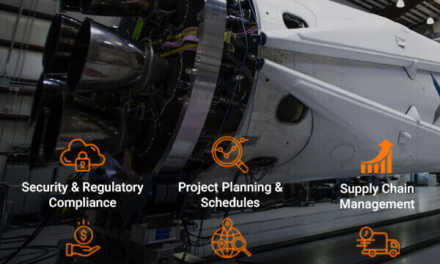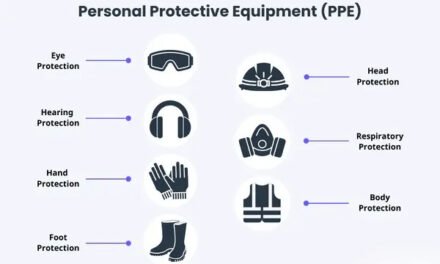Private defense companies play a critical role in supporting national security services by providing advanced technology, expertise, and operational capabilities that enhance a nation’s ability to protect its interests, maintain readiness, and respond to threats. These companies collaborate with governments and military forces to supply essential equipment, systems, and services. Here’s an in-depth look at their contributions:
1. Development and Supply of Advanced Defense Technology
- Role: Design, manufacture, and deliver cutting-edge military equipment and systems.
- Key Contributions:
- Develop advanced weapons, aircraft, ships, drones, and armored vehicles.
- Innovate in emerging areas like hypersonic weapons, quantum computing, and artificial intelligence (AI).
- Provide cybersecurity tools and countermeasures for modern threats.
- Example:
- Lockheed Martin develops advanced fighter jets like the F-35 Lightning II for air superiority and multi-role operations.
2. Research and Development (R&D)
- Role: Drive innovation to address current and future security challenges.
- Key Contributions:
- Conduct R&D in areas like stealth technology, directed energy weapons, and autonomous systems.
- Collaborate with government research agencies to accelerate technological breakthroughs.
- Example:
- DARPA partners with private companies to develop technologies like autonomous drones and advanced communication systems.
3. Intelligence and Surveillance Support
- Role: Provide intelligence, surveillance, and reconnaissance (ISR) capabilities for enhanced situational awareness.
- Key Contributions:
- Develop and operate ISR platforms, such as drones and satellites, for real-time data collection.
- Analyze and interpret intelligence to support decision-making.
- Example:
- General Atomics Aeronautical Systems supplies ISR drones like the MQ-9 Reaper for military surveillance and target acquisition.
4. Maintenance, Repair, and Overhaul (MRO) Services
- Role: Ensure operational readiness of military assets through lifecycle support.
- Key Contributions:
- Provide maintenance and repair services for aircraft, ships, and vehicles.
- Upgrade outdated systems to meet modern operational requirements.
- Example:
- Raytheon Technologies provides sustainment services for radar systems and missile defense platforms.
5. Cybersecurity and IT Services
- Role: Protect national security systems from cyber threats and ensure secure communication.
- Key Contributions:
- Develop and deploy advanced cybersecurity solutions.
- Monitor and mitigate cyberattacks targeting critical infrastructure and defense systems.
- Example:
- Northrop Grumman provides cybersecurity solutions to safeguard military networks and command systems.
6. Logistics and Supply Chain Management
- Role: Support military operations by ensuring timely delivery of supplies and equipment.
- Key Contributions:
- Manage supply chains for critical resources like fuel, ammunition, and spare parts.
- Operate logistics hubs to support forward-deployed forces.
- Example:
- KBR, Inc. provides logistics and supply chain support for U.S. military operations worldwide.
7. Training and Simulation Services
- Role: Enhance the skills and preparedness of military personnel.
- Key Contributions:
- Develop and deliver training programs using virtual, augmented, and mixed reality technologies.
- Provide live, virtual, and constructive (LVC) simulations for realistic training scenarios.
- Example:
- CAE, Inc. delivers flight simulators for training pilots on advanced military aircraft.
8. Private Military and Security Services
- Role: Provide specialized operational support to complement national security efforts.
- Key Contributions:
- Offer protection for critical infrastructure, personnel, and assets in high-risk environments.
- Conduct specialized operations, such as counterterrorism and hostage rescue.
- Example:
- DynCorp International provides security services and operational support for U.S. government missions.
9. Space and Satellite Support
- Role: Enhance national security through space-based capabilities.
- Key Contributions:
- Develop and launch satellites for secure communication, navigation (GPS), and reconnaissance.
- Provide space situational awareness and debris monitoring services.
- Example:
- SpaceX collaborates with the U.S. Department of Defense for satellite deployment and reusable rocket technology.
10. Emergency Response and Humanitarian Assistance
- Role: Support disaster relief and humanitarian missions.
- Key Contributions:
- Deploy resources and logistics for natural disaster recovery.
- Assist with evacuation, medical aid, and infrastructure restoration.
- Example:
- Defense contractors like Fluor Corporation assist in disaster relief efforts by rebuilding critical infrastructure.
Private defense companies are indispensable to modern national security services. They provide critical technologies, operational support, and expertise that enhance a nation’s defense capabilities and readiness.













